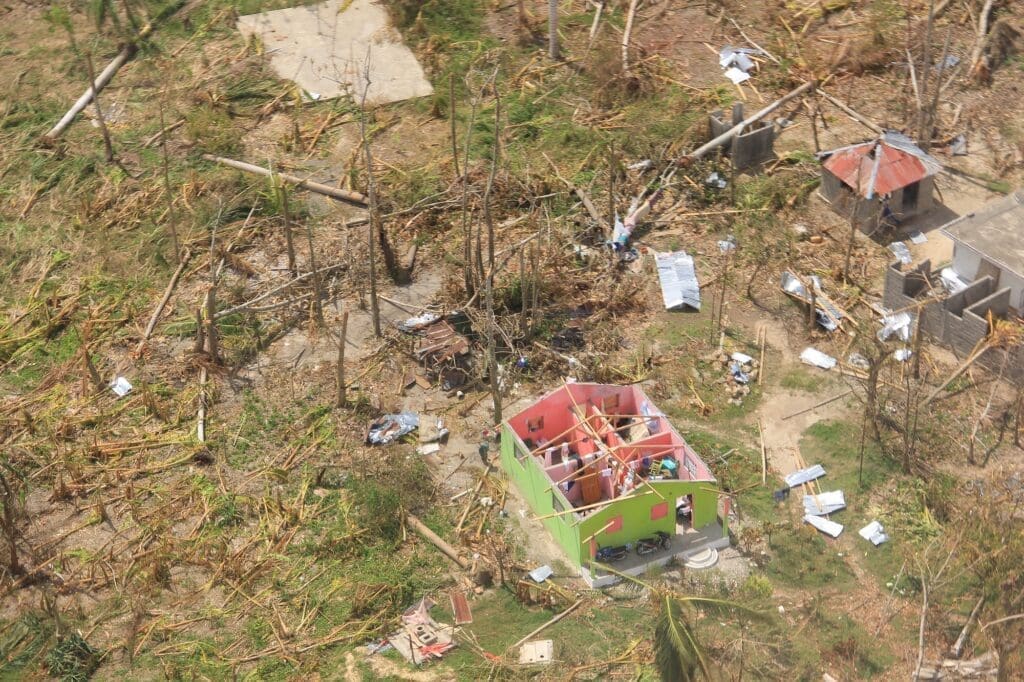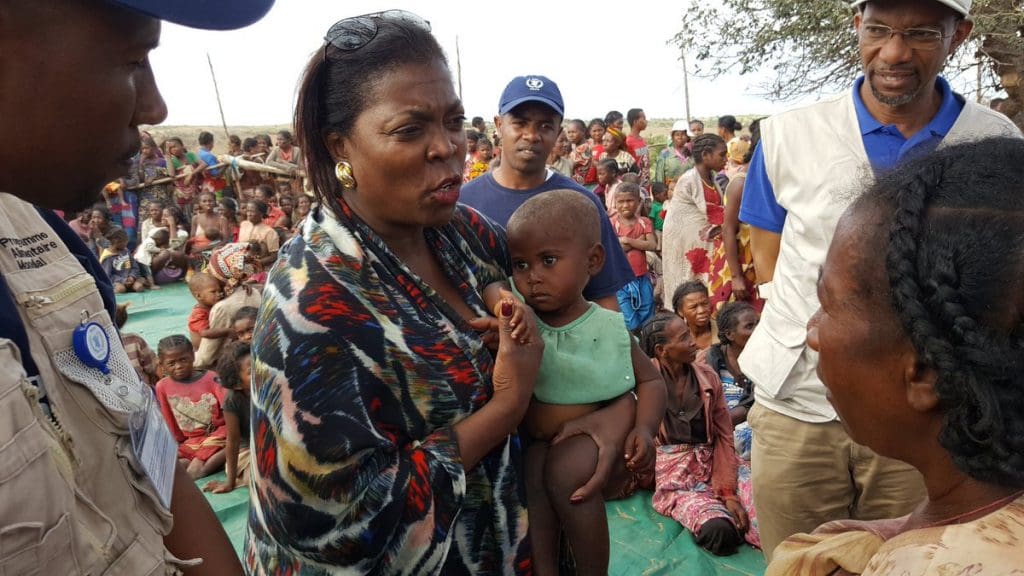
This World Food Day, Stop to Think About a Changing Climate
Every year, World Food Day shines a light on one undeniable truth: No matter what language we speak, no matter where we come from, food unites us all.
Yet for 1 in 9 people worldwide — many of whom reside in areas impacted by natural disaster — that basic building block of life remains elusive.
At the same time, a changing climate threatens to plunge even more people into hunger. This disproportionately impacts the planet’s most vulnerable households — especially rural farmers, fishers and pastoralists who already struggle to put food on the table. And if the global population does in fact reach 9.6 billion by 2050 according to projections, food systems around the world will need to become more resilient, productive, and sustainable.

WFP/Volana Rarivoson
“Our changing climate demands that we put the resilience of families and communities at the heart of our efforts to reach Zero Hunger,” said Ertharin Cousin, the Executive Director of the World Food Programme (WFP). “When providing assistance, WFP must deploy all our creativity through tools that can help these vulnerable poor children and their families deal better with climate shocks.”
This year’s theme for World Food Day is: Climate is changing. Food and agriculture must too.
It’s a call for advances in sustainable agriculture that take into account rising temperatures and more frequent weather-related disasters that devastate harvests in poor communities, contribute to spikes in food prices and force families to adapt to survive.
WFP is taking this call to action seriously by working closely with farmers to better prepare for future floods and droughts and help these communities adopt smarter strategies of growing food, including planting drought-resistant seeds and building better infrastructure like irrigation systems, water reservoirs and storage facilities.
Few countries exemplify the growing threat of climate change and its impact on hunger like Malawi in southern Africa. Right now the country is experiencing a historic drought that is forcing farmers to seek out wage labor to make ends meet. In September, WFP reached nearly 1 million people with emergency food assistance and more than 68,000 women and children were treated for malnutrition.
This World Food Day, WFP is giving you the opportunity to join pop star Grimes and fashion mogul Michael Kors to make a difference in the lives of hungry schoolchildren impacted by climate change.
WFP’s award-winning ShareTheMeal smartphone app is launching a community challenge initiative to help feed 58,000 school children in Malawi as part of a signature campaign to share 2 million meals over the next two weeks. It’s a new feature that allows you and your friends to set up a team within the app to compete and track your collective donations.
The funds will help provide a full year of school meals to children in the community of Zomba, an area particularly hard-hit by the El Niño drought.
Download ShareTheMeal here and make a difference on World Food Day!




